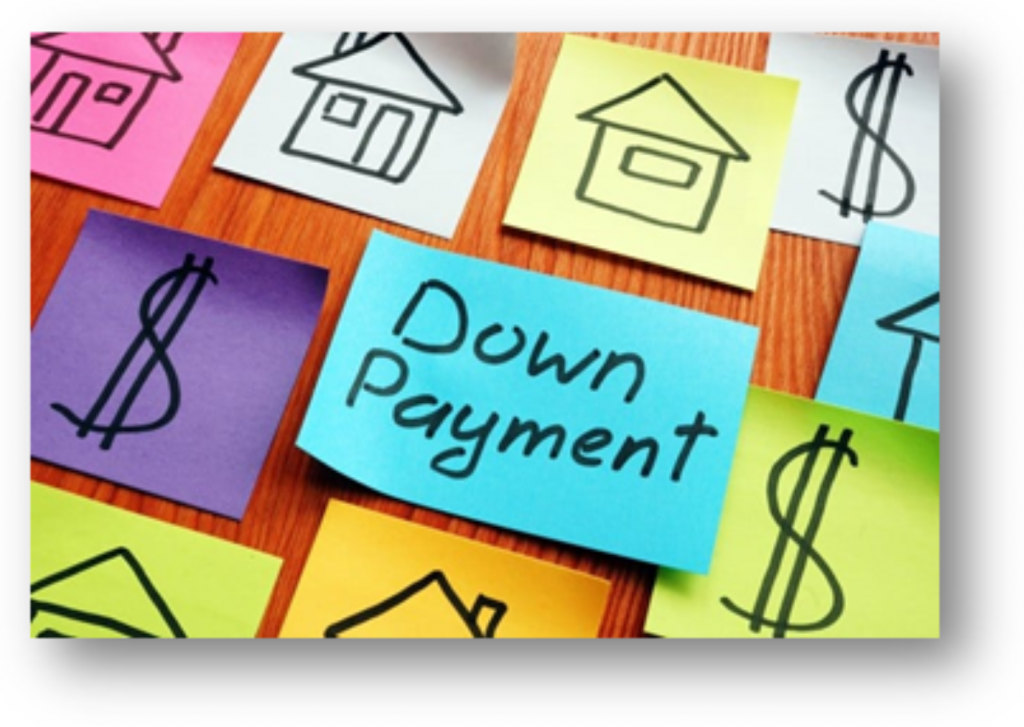How Paying Off Debt Affects Your Credit Score

Paying down debt is almost always a positive financial step. But if you’re planning to apply for a mortgage soon, it’s important to understand how and when different types of debt payoff affect your credit score. The impact varies significantly between revolving debt (like credit cards) and installment loans (like auto or student loans). Knowing these nuances can help you time your debt payoff for maximum benefit.
The Star Player: Credit Card Debt (Revolving Credit)
Paying down credit card debt is generally the most impactful and consistently positive move you can make for your credit score. Here’s why:
Your credit utilization ratio, the amount of credit you’re using compared to your total available credit is a major scoring factor. Ideally, you want to keep this ratio below 30%, and even lower is better. When you pay down credit card balances, you lower your utilization, and scoring models typically reward this quickly, often within the next billing cycle.
For example, if you have a $10,000 credit limit and carry a $5,000 balance, your utilization is 50%. Paying that down to $2,000 drops your utilization to 20%, which can lead to a noticeable score increase.
The Curveball: Paying Off Installment Loans (Auto, Student)
Installment loans work differently. These are loans with fixed payments over a set term. Paying them down or even paying them off entirely has a more nuanced effect on your score.
Positive long-term effects:
- Reduces your overall debt burden
- Improves your debt-to-income ratio (critical for mortgage approval)
- Demonstrates a history of on-time payments
Potential short-term dip:
Here’s the surprise many people don’t expect: paying off an installment loan can sometimes cause a temporary drop in your credit score. Why?
- Credit mix: Scoring models like to see a variety of credit types (revolving and installment). Closing your only installment loan can slightly reduce your “credit mix” diversity.
- Account closure: When you pay off and close an installment loan, the account may stop contributing to your score in the same way, and your average account age could be affected.
This dip is usually small and temporary (a few months), but it’s worth knowing if you’re planning to apply for a mortgage immediately after making that final payment.
Strategic Timing for Homebuyers
If you’re preparing for a mortgage, consider this timing strategy:
- Pay down credit cards aggressively: This almost always helps your score and lowers your DTI. Do this well before applying.
- Avoid closing credit cards: Keep accounts open (even with zero balance) to maintain available credit and account history.
- Time installment loan payoff carefully: If you’re close to paying off a car or student loan, consider doing it after your mortgage closes, or at least several months before, to allow any temporary dip to recover.
- Consult with a mortgage professional: Before making major debt moves, understand how they’ll impact your specific loan program and timeline.
The Bigger Picture: Debt-to-Income Ratio
While credit score impact matters, remember that mortgage lenders care deeply about your debt-to-income (DTI) ratio. Paying off any debt revolving or installment reduces your monthly obligations, which improves your DTI and can help you qualify for a larger loan or better rate. This is often more important than a small, temporary credit score fluctuation.
Understanding these nuances empowers you to make strategic decisions about your debt. The key is aligning your payoff strategy with your homebuying timeline.
The educational resources and personalized guidance available through your employer’s financial wellness benefit, with support from a trusted partner like Advantage Home Plus, can help you create a tailored debt payoff plan that supports your credit health and positions you strongly for mortgage approval.
















